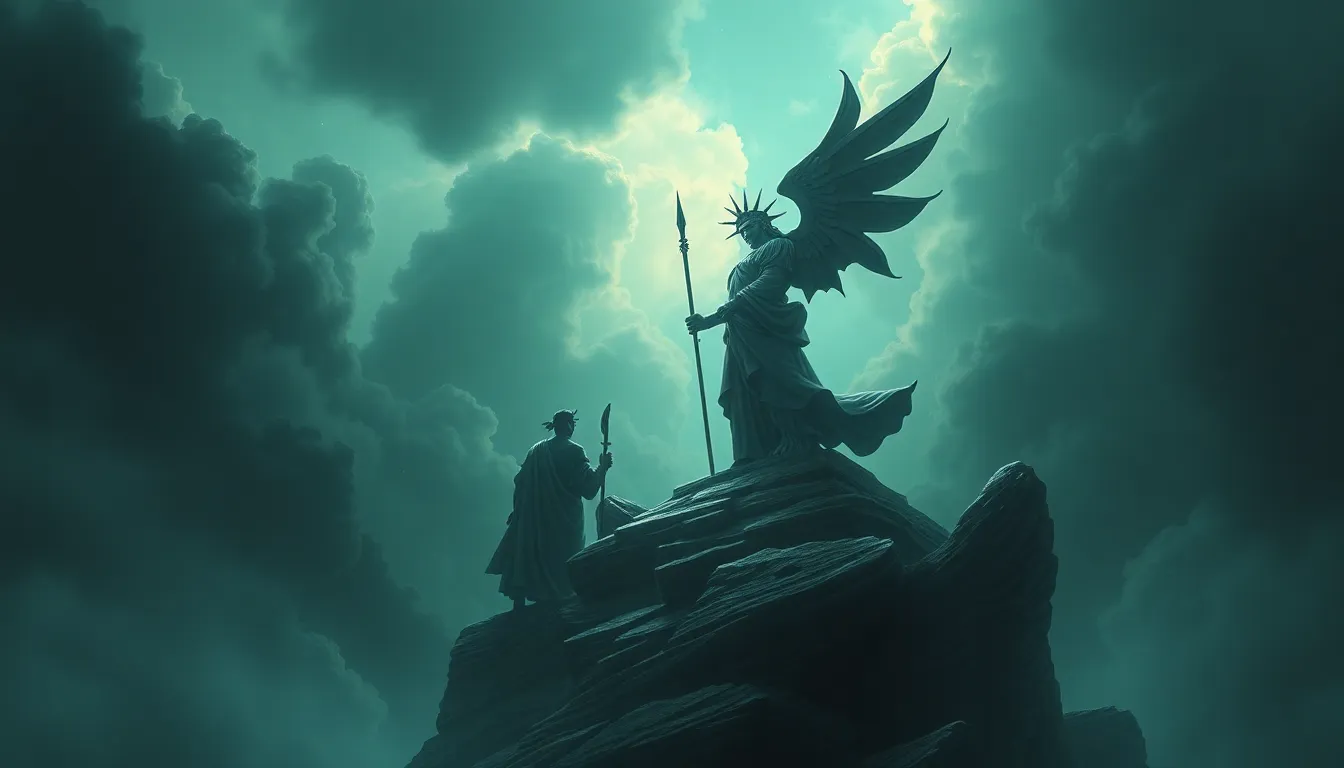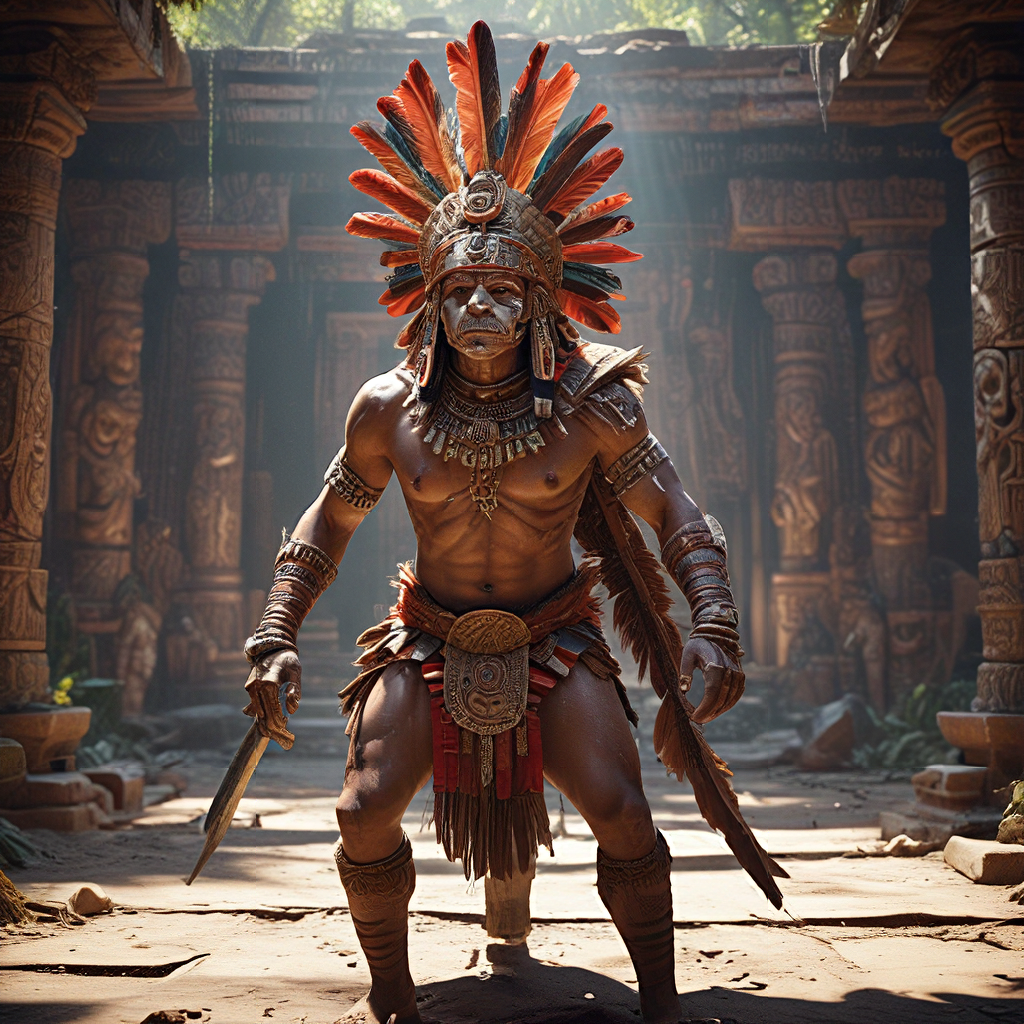Moral Myths and the Nature of Freedom: Lessons from Legends
Introduction: Defining Moral Myths and Freedom
Moral myths are foundational narratives that provide ethical frameworks within societies, shaping their values and guiding behavior. These myths often convey lessons about right and wrong, justice, and the human condition. They serve as cultural touchstones, influencing how communities perceive morality and ethics.
Freedom, on the other hand, is a multifaceted concept that varies in interpretation across philosophical and cultural landscapes. It encompasses notions of autonomy, self-determination, and the ability to act without restraint. The interplay between moral myths and freedom is vital, as these narratives often define the limits and possibilities of personal and collective liberties.
The Origins of Moral Myths in Human Culture
Moral myths have emerged across diverse cultures as a means of explaining complex ethical dilemmas and societal norms. These myths are often transmitted through storytelling, where legends become vessels of cultural wisdom.
Storytelling plays a crucial role in moral education, providing relatable frameworks for understanding ethical behavior. Here are a few examples of foundational myths:
- The Epic of Gilgamesh: This ancient tale explores themes of friendship, mortality, and the quest for meaning.
- The Bhagavad Gita: A dialogue that addresses duty, righteousness, and the moral struggles faced by individuals.
- The Tale of Hercules: Myths about Hercules illustrate the virtues of courage, sacrifice, and personal growth through trials.
Freedom as a Central Theme in Moral Myths
Many moral myths feature freedom as a central theme, exploring its nuances and implications. For instance, the myth of Prometheus highlights the tension between knowledge, freedom, and punishment. Prometheus defies the gods by giving fire to humanity, symbolizing the enlightenment and the pursuit of freedom at a great personal cost.
Similarly, the story of the Exodus depicts liberation from oppression, emphasizing the moral responsibility to seek freedom not just for oneself, but for others. This dichotomy between freedom and moral responsibility permeates many mythological narratives, suggesting that true freedom involves ethical considerations.
The significance of liberation myths extends to contemporary understandings of human rights, emphasizing the importance of freedom in moral discourse.
Case Studies: Legends that Challenge Moral Norms
Numerous legends challenge established moral frameworks, presenting characters who embody the struggle for personal freedom against societal constraints. For example:
- Antigone: In Sophocles’ tragedy, Antigone defies King Creon’s edict to honor her brother’s burial, highlighting the conflict between state law and familial duty.
- Robin Hood: This legend presents a figure who steals from the rich to give to the poor, questioning the morality of wealth distribution and social justice.
Such myths resonate with contemporary moral dilemmas, encouraging individuals to question societal norms and advocate for personal and collective freedoms.
The Role of Narrative in Shaping Moral and Ethical Understanding
Storytelling is a powerful tool in shaping moral reasoning and ethical behavior. Myths create psychological impacts that shape individual and collective conceptions of freedom. They offer frameworks through which people interpret their experiences and navigate moral complexities.
Comparative analysis of oral traditions versus written narratives shows that oral myths often adapt and evolve, reflecting the changing moral landscape of societies. Written narratives, while more fixed, can provide a profound depth of reflection on ethical dilemmas, allowing for broader dissemination of moral lessons.
Moral Myths and the Concept of Collective Freedom
Moral myths contribute significantly to collective identity and social cohesion. They bind communities through shared stories that express common values and ideals. The connection between moral myths and movements for social justice is evident in various cultural narratives that have inspired collective action.
Case studies include:
- The Civil Rights Movement: The narrative of liberation and equality rooted in American mythology galvanized collective action against racial oppression.
- Indigenous Mythologies: Many indigenous narratives emphasize the importance of land, community, and freedom, inspiring movements for sovereignty and rights.
These myths are crucial for understanding the dynamics of collective freedom and the pursuit of justice.
The Intersection of Myth and Modern Philosophy
Modern philosophical interpretations of freedom often draw from moral myths, examining their relevance in contemporary ethical discussions. Thinkers like Simone de Beauvoir and Friedrich Nietzsche have explored how ancient legends inform our understanding of autonomy and moral responsibility.
These discussions remain pertinent in addressing modern ethical challenges, such as technological advancements, environmental issues, and social inequalities. The lessons derived from ancient legends continue to resonate, providing insight into the complexities of freedom in the modern world.
Critiques of Moral Myths in the Context of Freedom
While moral myths offer valuable insights, there are critiques regarding their limitations and potential dangers. Myths can perpetuate oppression, reinforce stereotypes, or restrict the understanding of freedom by promoting rigid moral codes.
Voices of dissent from feminist, postcolonial, and critical theories highlight how certain myths can uphold patriarchal or colonial values, challenging us to re-examine the narratives we uphold in society.
Lessons from Legends: Practical Applications in Today’s Society
Insights gained from moral myths can inform current ethical practices, guiding individuals and communities in navigating complex moral landscapes. The role of myth in promoting understanding, compassion, and justice is invaluable.
In today’s society, the lessons from legends can be applied in various ways:
- Encouraging dialogue around ethical dilemmas and moral reasoning.
- Promoting social justice movements that draw on historical narratives of resistance.
- Fostering a sense of community and shared values through storytelling.
As we engage with these moral myths, we gain deeper insights into our values and the nature of freedom, ultimately enriching our collective human experience.



